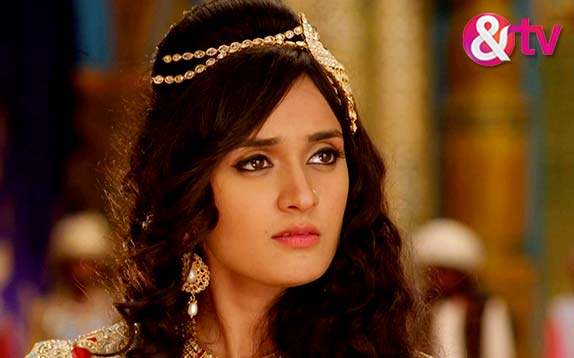

When she made him Superintendent of the Stables, it sparked jealousy among the Turkish nobles. The opportunity arose when Razia favoured her advisor, Jamal-ud-Din Yaqut, an Ethiopian slave.

9 Yet, despite these accomplishments, the Turkish nobles disapproved of her reign simply because she was a woman. More of Razia’s accomplishments were that she made a policy on religious tolerance towards the Hindus, made crime punishable through evidence alone instead of having a trial, set up schools, and made libraries available to the public. 7 One of her greatest accomplishments politically was her ability to manipulate rebel factions into opposing one another. 6 Therefore, Razia became an accessible queen, and this shocked the Muslim court event further. 5She kept her nobles in check and also kept the support of the army. She also rode out to combat dressed like a common soldier. Razia was known to be a capable politician. Razia’s reign seemed to start off well and showed signs that she would be a successful ruler. She showed her face’s sun from behind the screen. With a royal blow, she tore away the veil Her sword’s ray flashed, lightning-like, from behind the screen. “For several months, her face was veiled. She discarded the purdah system, dressed up like a man wearing a headdress and tunic, and gave up the veil, which shocked the courtiers. 3 With the support of the people of Delhi, Razia was named the next Sultan.Įventually, Razia was grudgingly accepted by the nobles, who had originally opposed to her being named Sultan. Six months later Rukniddin and his mother were assassinated on 9 November 1236. 2 This made him very unpopular, and the people wanted a new Sultan. He let his mother, Shan Turkan, run the affairs of state while he indulged himself in pleasure and debauchery. Ruknuddin’s reign was very controversial. On 29 April 1236, the Muslim nobility chose Razia’s brother, Rukn ud din Firuz, to be the king instead. 1 This had never been done before, and it shocked the Muslim nobility. Itutmish chose her out of all his sons to succeed him on the throne because he believed his sons were corrupt. Razia was the daughter of Shams-ud-din Iltutmish. Razia Sultan was the only female ruler of the Delhi Sultanate.
#Razia sultan season 2 netflix series
Razia Sultan as portrayed in the TV series Razia Sultan (2015)(Screenshot/fair use)


 0 kommentar(er)
0 kommentar(er)
